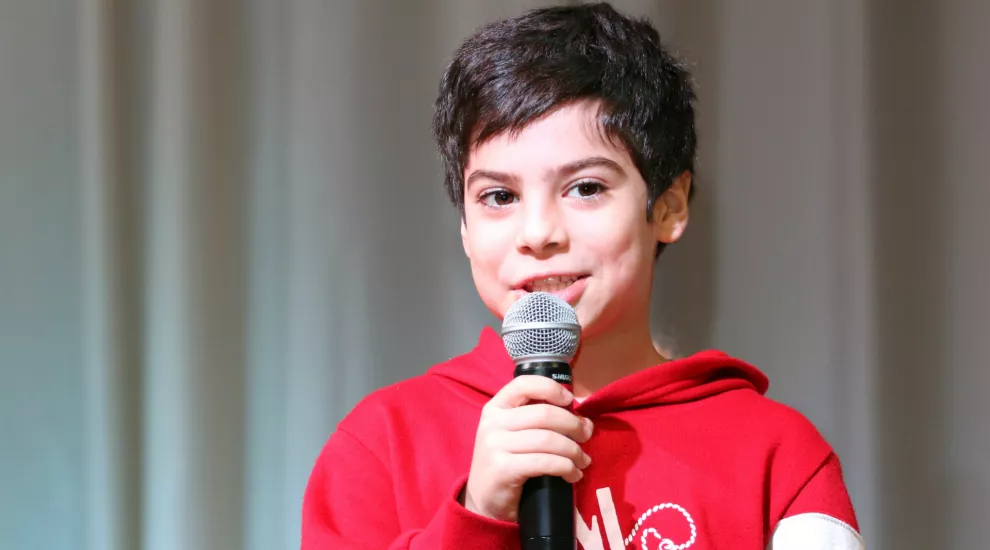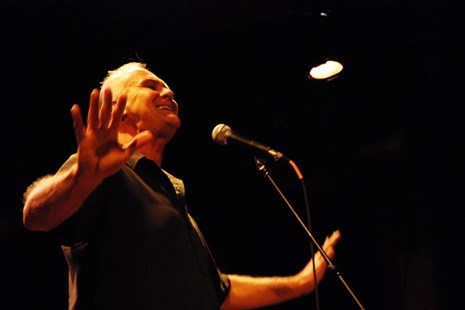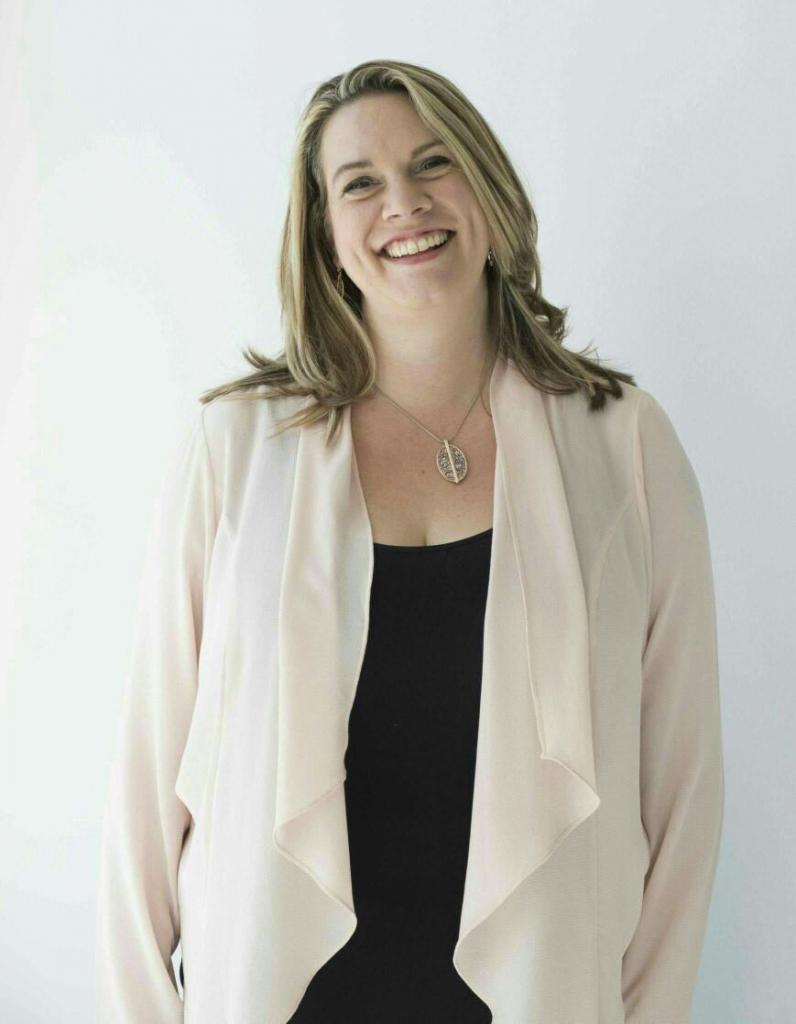
Poetry Slam is a fun way to get students excited about poetry this National Poetry Month!
- How did it start?
In 1984, construction worker and poet Marc Smith started a poetry reading at a Chicago jazz club looking for a way to create excitement for the dying art of poetry. The series emphasized performance, audience interaction, and laid the groundwork for the brand of poetry that would eventually be exhibited in slam.

- Poetry Slam was inspired by baseball!!!
Marc Smith saw throngs of fans entering baseball stadium Wrigley Field and wondered “How can I make poetry more like a sport?” The Baseball Grand Slam inspired the name Poetry Slam.
Marc added 5 Olympic-style judges that rate poets on a scale of zero to ten - and slam was born! One decimal place is used to avoid ties, and slams are often won or lost by .1 points! Competitive students can’t help but get excited by scores! Poetry slams help students think about what they like and what they don’t like in a poem!

- What does the audience do?
The audience can snap when they hear a line they like. They can clap and encourage their classmates. They can influence the judges with their responses!
Poetry Slam is by design a classroom inclusive event that encourages active listeners. It comes from the folk tradition. Students will be taken outside their own experiences as they listen to their classmates, but they will also see their own heartaches and feelings expressed by fellow classmates. Poetry Slam is a wonderful tool for building classroom community.
- Help your students feel heard.
Poetry slam helps students express themselves, but also encourages active listening by their peers. At one slam, I saw a student read a poem about being bullied, which was met with empathy and support by her classmates who shared many of the same experiences. The student ended up winning the slam!
- Who wins the slam?
In poetry slam, we have a saying, “The Best Poet Always Loses!” That is because slam is not just about what you write, but how you perform it! Poetry Slam rewards poets who connect with their audience by performing energetically, speaking clearly, and writing brief, potent, easy to grasp poems. Slams help give students incentive to find and hone the voice needed to express their ideas forcefully in front of a live audience.
- How does the poetry slam start?
With the “Emcee Spiel.” Today in poetry slams across the country, the emcee introduces the event by saying, “A Poetry Slam is a performance poetry competition created in the 1980’s by Construction Worker, Marc Smith!” And the audience replies, “So What!?”. Check the resource kit for a copy of the “Emcee Spiel.”
- What are the four kinds of slam poems?
- Tribute poem: Write a poem honoring a hero, athlete, musician, or favorite family member.
- Political poem: Write about a political issue that has directly impacted you or your family.
- Auto-biographical poem: Write about a unique life experience.
- Passion poem: Write about a passion that you have for a sport, talent, or hobby that you have.
- How should we get started?
As part of your unit, have students start two to three poems (on different days) in response to prompts, then have them pick their favorite to develop into their slam poem.
- Sample Prompt:
Create a passion poem in the form of a list poem or story where you celebrate something you are passionate about whether candy, shoes, wrestling, super heroes, or another hobby.
Students might start by brainstorming everything they know about a favorite hobby or sport. Students could then use a repeating refrain to create a list poem. One student recently started a poem with, “This poem is for all the volleyball players . . . “
- Resources:
In this Poetry Slam Kit find an introduction video, an overview of slam, the official Emcee Spiel, and guidelines for judges: https://www.currikistudio.org/project/11453/shared
Bio:
Kimberly Simms Gibbs is a poet, certified SC Language Arts Teacher, the Director of Education for the Metropolitan Arts Council, and a pioneer in the world of poetry slam. Her passion for poetry from both the page to the stage has led Kimberly to garner titles such as former Carl Sandburg NHS Writer-in-residence, National Poetry Slam ‘Legend of the South’, TedX speaker, co-founder of CarolinaPoets, former Southern Fried Poetry Slam Champion, and award-winning teaching artist. In her first full-length collection from Finishing Line Press, Lindy Lee: Songs on Mill Hill, Kimberly chronicles the lives of textile workers in the Carolinas with historical accuracy and imaginative insight. Ron Rash, award-winning author of Serena, says about Kimberly: "she writes with eloquence and empathy about an important part of Southern history - too often neglected." Learn more about her at www.kimberlysimms.com.

* Be our next Guest Blogger! Learn more.
Note: This guest blog does not necessarily reflect the views of ETV Education.

